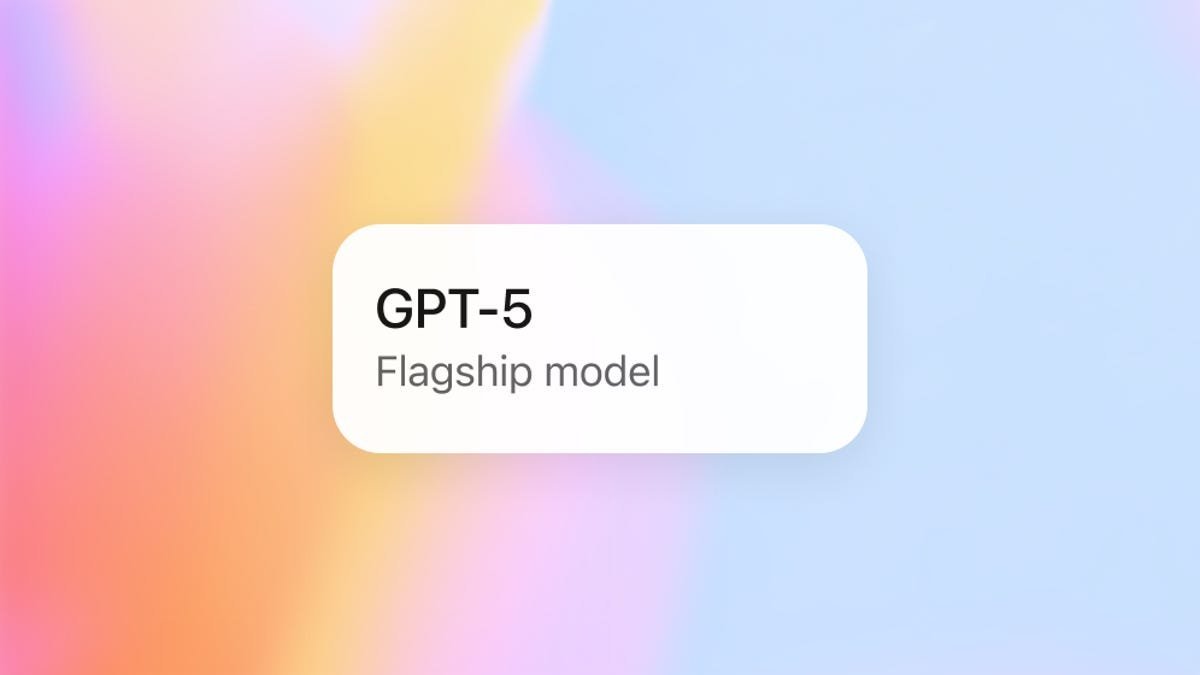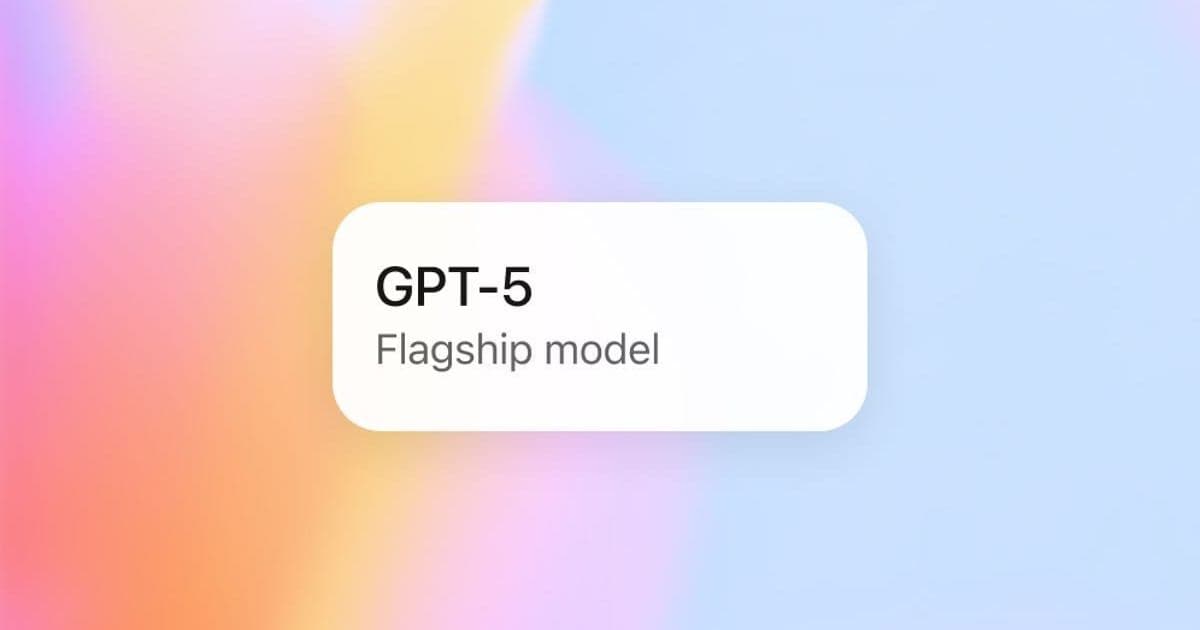OpenAI has launched GPT-5, its most advanced AI model yet, making it freely accessible to all users—including unpaid accounts—for the first time. The model introduces a groundbreaking 'real router' system that dynamically combines speed and deep reasoning, alongside significant improvements in coding, writing, and factual accuracy. This release marks a pivotal shift in AI accessibility while introducing tiered enterprise capabilities and enhanced safety protocols.
OpenAI's GPT-5 Arrives: Free, Smarter, and Built for Scale

OpenAI has unleashed GPT-5, its next-generation flagship AI model, dismantling paywalls by offering it free to all users – including unpaid accounts – alongside Plus ($20/month), Pro ($200/month), Team, Enterprise, and Education tiers. This strategic move significantly broadens access to cutting-edge AI capabilities previously reserved for paying subscribers, fundamentally altering the accessibility landscape.
The Architecture Breakthrough: Real Router & Unified Reasoning
At GPT-5's core lies the "real router" – an intelligent system continuously trained on real-world signals. It dynamically selects the optimal model pathway based on:
- Prompt complexity: Simple queries use faster, lightweight models.
- Conversation context: Engagements requiring deeper analysis trigger the "GPT-5 thinking" reasoning engine.
- Resource constraints: Automatically switches to efficient variants like GPT-5 mini when usage limits are hit.
This architecture unifies the previously separate worlds of fast conversational models (like GPT-4o) and slower, more powerful reasoning models (like o3/o4), delivering the "best of both" paradigms. The model family includes:
| Model | Target Users | Key Characteristics |
|---|---|---|
| GPT-5 | Default for all users | Balances speed & reasoning via real router |
| GPT-5 mini | Free users post-limit | Lightweight, capable fallback |
| GPT-5 nano | API option | Ultra-efficient for specific tasks |
| GPT-5 Pro | ChatGPT Pro ($200/month) | Highest capability for complex tasks |
Performance Leap: Coding, Writing, and Medical Understanding
Benchmarks reveal GPT-5 achieving state-of-the-art results:
- Coding (SWE-Bench Verified): Creates functional websites, apps, and games from text prompts; excels in complex front-end generation and debugging large codebases.
- Math (AIME 2025) & Multimodal (MMMU): Top scores in rigorous academic and visual understanding tests.
- Writing: Handles "structural ambiguity" (e.g., free verse poetry) more effectively, positioning it as a superior collaborative writer.
- Medical (HealthBench): Enhanced ability to explain medical jargon, flag concerns, prepare users for doctor discussions, and weigh options (while emphasizing it does not replace professionals).
Enhanced Safety and Honesty
OpenAI claims major strides in reliability:
- 45% fewer factual errors vs. GPT-4o with web search.
- 80% fewer factual errors vs. reasoning model o3.
- Reduced Hallucinations: Significant drops in benchmarks like LongFact and FActScore.
- "Safe Completions": Answers restricted prompts within safety boundaries with explanations of limitations, reducing outright refusals.
- Honest Communication: More likely to state when a task is impossible, combating "sycophantic" behavior and unnecessary emojis.
Access and Rollout: Free Users Win, Developers Gain Flexibility
- All Users: GPT-5 is the new default model. Free users gain unprecedented access to reasoning capabilities, falling back to GPT-5 mini after usage limits. Plus users enjoy "significantly higher" limits.
- Pro/Enterprise/Edu: Pro subscribers ($200/month) get unlimited GPT-5 + GPT-5 Pro. Enterprise/Edu receive "generous limits" (rolling out next week).
- Developers: GPT-5, GPT-mini, and GPT-5-nano are available via API with two critical new parameters:
reasoning: Optimizes cost by avoiding deep reasoning where unnecessary.verbosity: Fine-tunes response length.- Pricing is lower than GPT-4o, encouraging adoption.
Not seeing it yet? Rollout is gradual. Ensure you're signed into your ChatGPT account. Free users may experience full reasoning activation delays.
This release signals OpenAI's aggressive push for broader adoption while segmenting the market for high-end enterprise needs. The real router technology and free access could fundamentally reshape how developers and everyday users interact with advanced AI.
Source: Based on reporting by Sabrina Ortiz, Senior Editor at ZDNET (August 8, 2025). Parent company Ziff Davis has an ongoing lawsuit against OpenAI regarding copyright.

Comments
Please log in or register to join the discussion